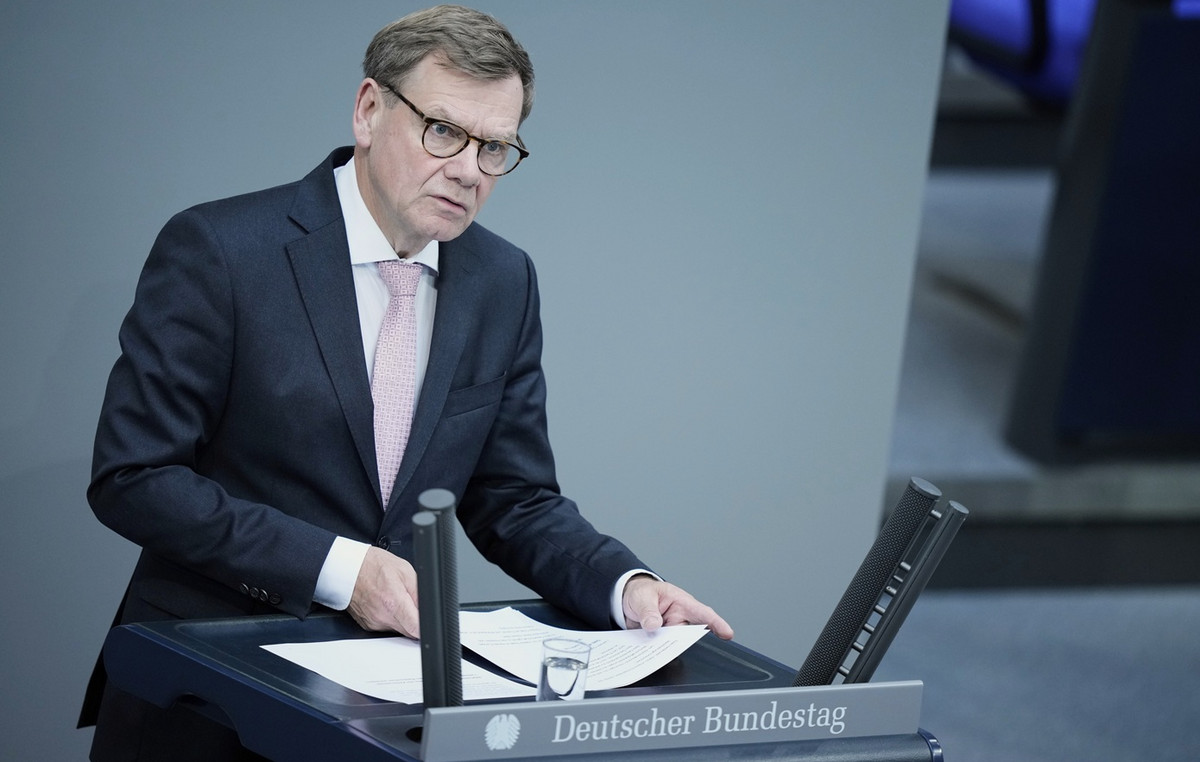The fourth largest producer of grains in the world, Brazil has only 22 industrial plants of 11 fertilizer producers, according to data from the National Union of Industries of Raw Materials for Fertilizers (Sinprifert).
These companies are responsible for 11.6% of the potassium, phosphorus and nitrogen used in the country’s agriculture. The rest is imported, a dependency scenario that came to light after the war in Ukraine, since Russia is responsible for more than 20% of the supply to Brazilian agribusiness.
It is from this panorama that the country starts this Friday (11), when the National Fertilizer Plan will be launched by the federal government.
The executive director of Sinprifert, an entity that participated in the preparation of the project, Bernardo Silva, stated that the goal is to reduce dependence on imports from 90% to 50%. “Investments that added together would give R$ 120 billion by 2050”, he told CNN.
The challenge is great, as the need for fertilizers is expected to double from 40 million tons to 80 million tons within 30 years, according to José Carlos Polidoro, a researcher at Embrapa and a member of the inter-ministerial group that created the plan.
Currently, Brazil has two potash plants, the main one in Sergipe. In the case of nitrogen, there are two more companies, one of which leased plants previously owned by Petrobras. The rest is concentrated in phosphates.
Sinprifert points out that these industries have the capacity to manufacture 14 million tons of fertilizers, but currently only produce about 6.4 million tons due to some challenges, such as raw material prices and regulatory delays.
Dependency
More than 95% of Brazil’s potassium and nitrogen come from abroad, a percentage that drops to 55% in the case of phosphorus, according to Embrapa researcher José Carlos Polidoro.
“The national industry shrank 33% compared to 2020 and imports increased 66%. Already the consumption [de fertilizantes] exploded 450% in the last 20 years”, he pointed out.
Until the 1990s, the country maintained agriculture with national inputs, especially from Vale.
In addition to the privatization of Vale, a change in taxation impacted national production from 1997 onwards, when the Brazilian fertilizer industry began to pay up to 8.4% of ICMS, while taxation of imported products was reduced to zero.
Everaldo Zonta, professor at the Soil Department at the Federal Rural University of Rio de Janeiro, points out that the problem has been around for a long time.
“We have a trade balance dependent on an input for production. So there was a lack of a policy to encourage national production”, she defended.
Petrobras was one of those involved in the fertilizer sector, but decided to focus on oil and gas from 2017 onwards, after a period in which the company was the target of Operation Lava Jato.
In a note sent to CNNPetrobras informed that it decided to exit the business “due to the persistence of significant losses and consequent destruction of value resulting from the operation of these assets”.
“In this context, the company canceled a project, paralyzed the construction of another and is negotiating its sale. Petrobras also started the divestment process of Araucária Nitrogenados SA (ANSA) and leased the fertilizer plants in Sergipe and Bahia in 2020,” the company said.
For the director of International Relations of the Unique Federation of Oil Workers, the abandonment of the projects was a wrong strategy and puts the country’s food sovereignty at risk.
“We always warn about geopolitical risks, which are now materializing. If Petrobras had the three units in operation in Sergipe, Bahia and Paraná, concluding the work in Mato Grosso do Sul, plus two new projects, we would have total autonomy in nitrogen,” he said.
costs
The ICMS disparity between national and imported fertilizers is pointed out as one of the main obstacles to national production.
The scenario began to change this year, based on an agreement with the states, which provides for the parity of taxation until 2024. In return, the companies committed to increase production by 35% in this period.
The executive president of the Brazilian Chemical Industry Association, another link in the fertilizer chain, Ciro Marino, points out that the national entrepreneur also faces another tax challenge.
“We are exposed, because between 40% and 45% of the result of most industries is taxed. When you take our competitors abroad, the average taxation is between 20% and 25%… Brazilian entrepreneurs don’t want subsidies, they don’t want import taxes, but these things happen because we don’t have similar conditions to what happens abroad”, highlighted.
Marino also points to the high price of inputs, such as electricity and natural gas, as another problem. Bernardo Silva, executive director of Sinprfert, adds the need for current geological studies.
The director of Geology and Mineral Resources of the Geological Survey of Brazil, linked to the Ministry of Mines and Energy, Márcio Remédio, says that the agency has been working to update and lead research in the country, with the objective of identifying deposits of potassium and phosphorus to develop national agriculture.
National Fertilizer Plan
José Carlos Polidoro, a member of the inter-ministerial group that created the plan that will be launched this Friday, says that the project is based on three pillars: reducing external dependence, improving the business environment and attracting investment.
Along with the plan, a national fertilizer council will be created, formed by several institutions, to continue with the negotiations in search of public policies.
Source: CNN Brasil
I am Sophia william, author of World Stock Market. I have a degree in journalism from the University of Missouri and I have worked as a reporter for several news websites. I have a passion for writing and informing people about the latest news and events happening in the world. I strive to be accurate and unbiased in my reporting, and I hope to provide readers with valuable information that they can use to make informed decisions.







